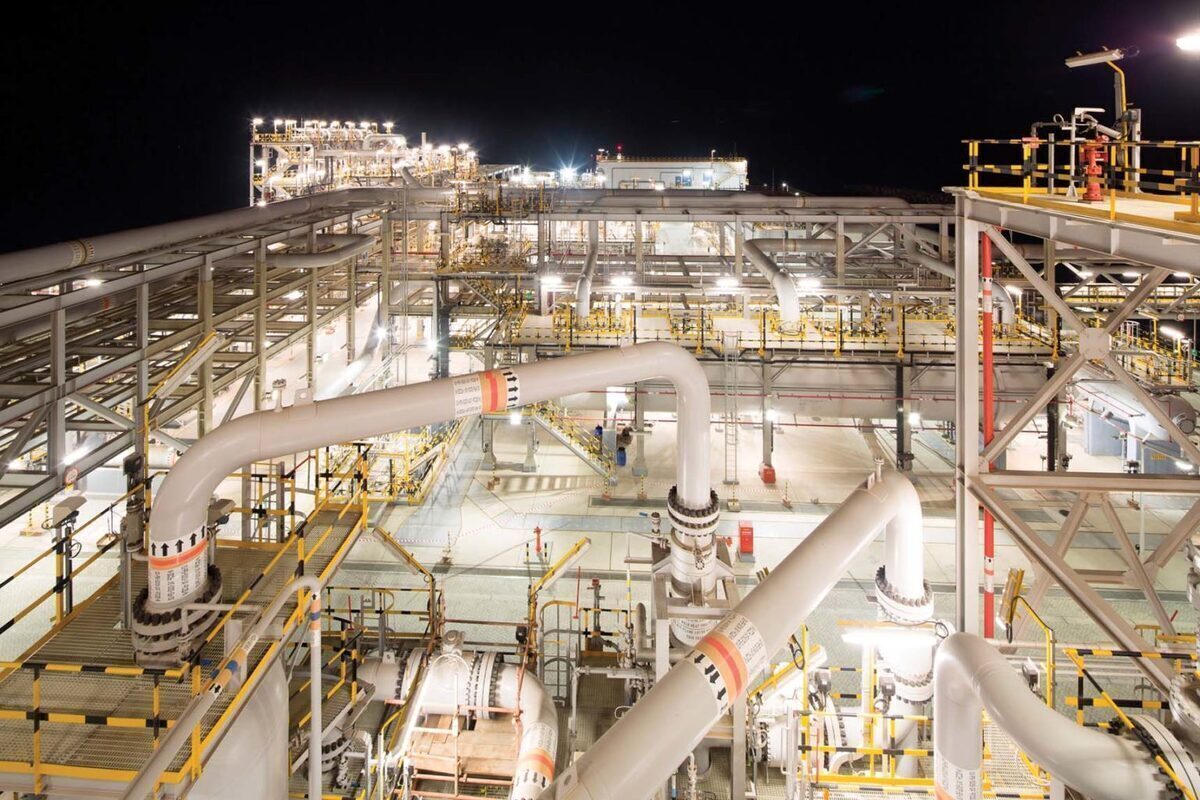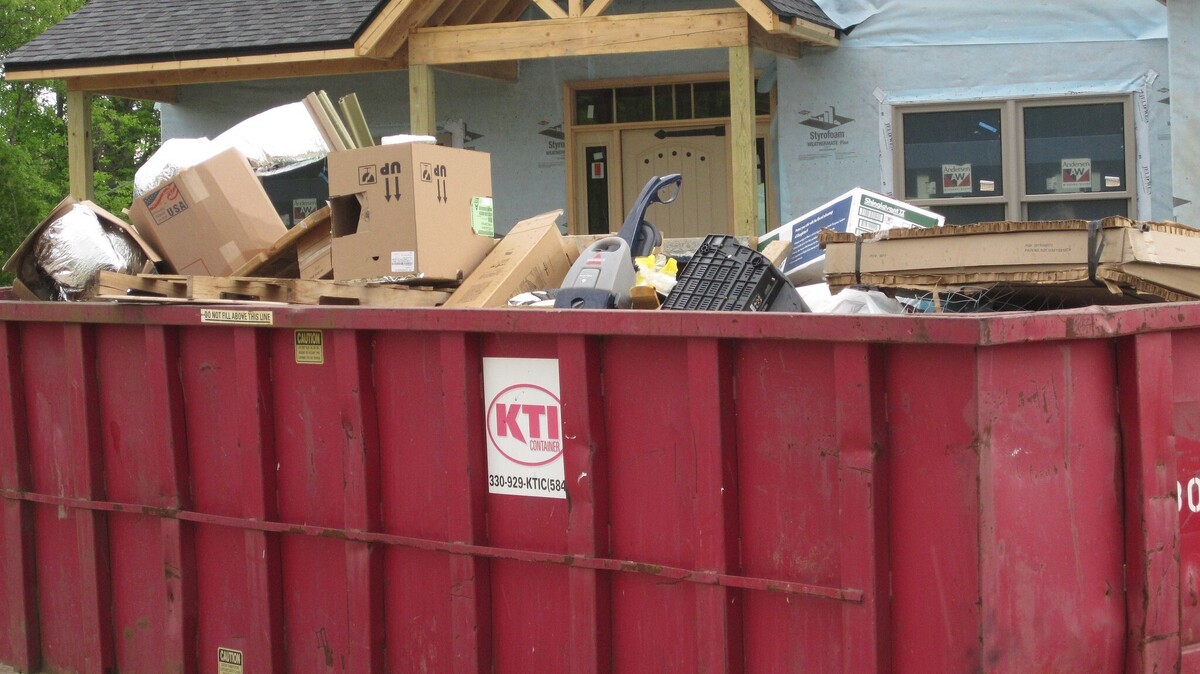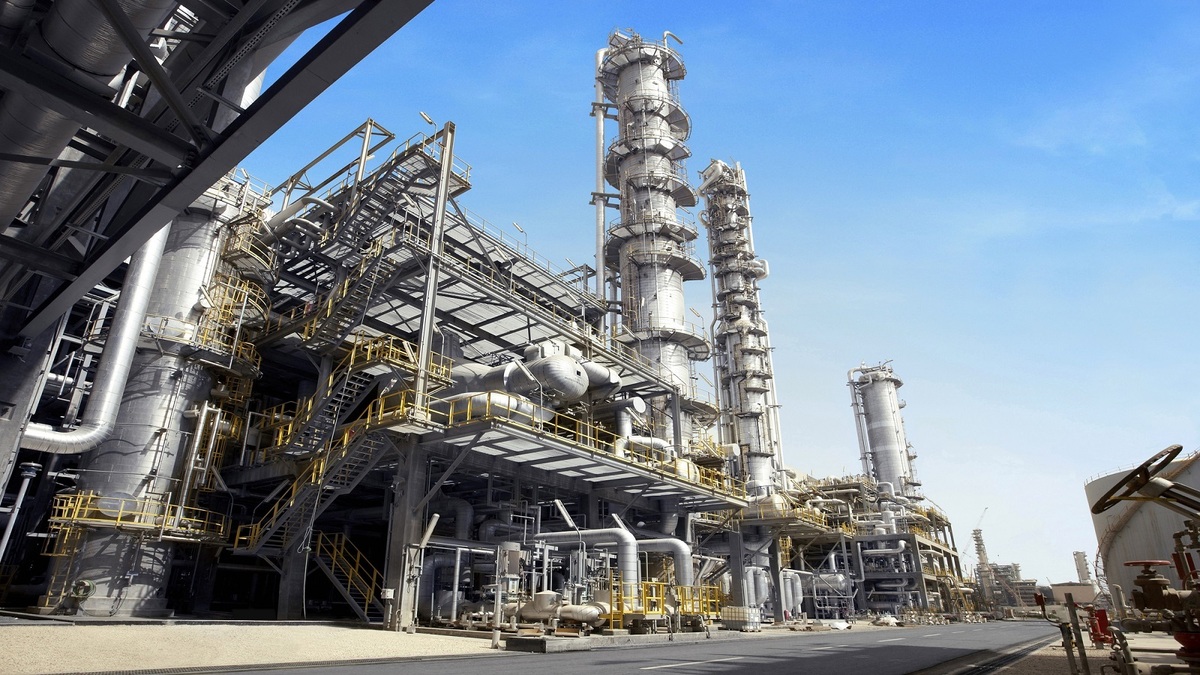Tehran Oil Refinery Uses Waste Incinerator to Recycle Biological Petroleum Sludge

“Biological sludge resulting from the treatment of oil effluents was buried in the past, which, in addition to high costs it had caused environmental pollution,” said Massoud Lotfi, the chairman of the board of directors of the knowledge-based company which is a member of the elite technology development incubator center of Pardis Science and Technology Park.
“Based on the contract signed by the knowledge-based company with Tehran Oil Refinery, the biological sludge of this refinery will be removed and recycled by using a waste incinerator based on gasification technology in Tehran Oil Refinery,” he added.
Lotfi explained that the waste incinerator based on gasification technology, in addition to recycling the biological sludge of Tehran oil refinery, will also produce gasoline and gas from these wastes which settles the biological problems caused by the burial of this waste and will be profitable and produce energy.
In a relevant development last December, a knowledge-based company in Iran had also achieved the technology to convert oil sludge and waste from urban sewage treatment into usable products and fuel.
Ali Khani, a Ph.D. graduate in applied chemistry-environmental engineering and a faculty member of Islamic Azad University’s Mianeh branch, along with Ali Rasoulzadeh, the founder of the knowledge-based company, are the manufacturers of the multi-functional co-pyrolysis system for recycling all types of urban, industrial and agricultural waste in Iran.
“Our knowledge-based company has succeeded in producing the multifunctional co-pyrolysis device which is used for recycling all types of worthless rejected waste,” Khani told ANA.
The device converts urban, hospital and industrial polymer wastes, including non-recyclable plastic and rubber wastes, into hydrocarbons for diesel fuel and carbon black, greenhouse wastes and agricultural wastes into wood vinegar and biochar, oil sludge resulted from drilling operations, oil transfer and refinery operations into oil derivatives, and sludge from urban sewage treatment and wet urban waste into biochar, he added.
4155/v
























